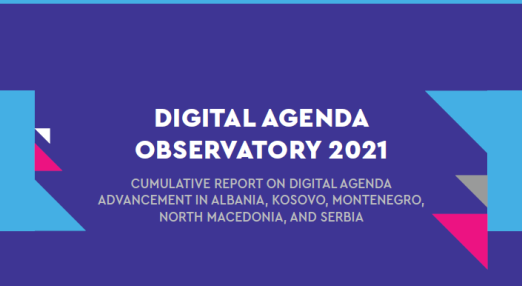EDRigram
Filter by...
-

French deputies must reject online censorship without a judge in one hour
On 9 February 2022, the Law Commission of the French National Assembly discussed the bill concerning the "dissemination of terrorist content online", transposing the European regulation on terrorist content online into French law. European Digital Rights (EDRi) and EDRi’s members La Quadrature du Net and Wikimedia France sent the following letter to the members of this Commission to call for the rejection of the bill prior to the discussion.
Read more
-

Guides to collect your data from Apps
EDRi's member Privacy International has devised a series of guides in order to help you collect your data from various platforms such as Uber, Facebook, Telegram and WhatsApp. All of these platforms store a lot of information about you in the cloud, which could become accessible to law enforcement agencies.
Read more
-

ID-Fingerprint obligation to be reviewed by European Court of Justice
The local Administrative Court of Wiesbaden (Hesse, Germany), where EDRi member Digitalcourage started legal action against the obligation for fingerprints in identity (ID) cards, submited the case to the European Court of Justice (ECJ).
Read more
-

Digital Agenda’s report on digital advancement in the Western Balkans
Digitalisation in all spheres and for all social groups may be an effective mechanism for improving the well-being of citizens. This means improving the digital efficiency of institutions, organisations and other social entities.
Read more
-

CJEU Advocate General states that PNR Directive does not violate fundamental rights despite mass surveillance concerns from civil society
On 27 January, despite concerns from civil society and the CJEU having decided that the EU-Canada PNR agreement was incompatible in 2017, the Advocate General of the Court of Justice of the European Union stated that the EU Passenger Name Record (PNR) Directive was compatible with fundamental rights.
Read more
-

Declaration of Digital Principles: Towards a digital pillar of the EU?
On 26 January the European Commission proposed a Declaration on European Digital Rights and Principles. The Declaration will take the form of a joint solemn declaration to be signed by the European Parliament, the Council, and the Commission.
Read more
-

Technologies for border surveillance and control in Italy
This research points out that identification and categorisation systems for migrants, refugees, and asylum-seekers, rely on vast quantities of biometric data including fingerprints and facial images. It is, however, often difficult to assess how these procedures are managed. Upon identification, the aforementioned groups have limited knowledge and awareness about where and how their personal and biometric data are going to be stored and used, hindering them from countering the pressure that this flow of information puts on their subsequent living conditions in Italy and in the European Union.
Read more
-

Belgian authority finds IAB Europe’s consent pop-ups incompatible with the GDPR
Following a number of complaints filed in 2018 and 2019, including by EDRi-members Panoptykon and Bits of Freedom, and coordinated by the Irish Council for Civil Liberties, the Belgian Data Protection Authority has found that the consent system developed and managed by the adtech industry body IAB Europe, and used by many websites in the EU, is illegal under the GDPR.
Read more
-

How it started, how it’s going: Halfway through the current European Commission’s legislative term
In January 2022, EDRi held a panel at its annual flagship event Privacy Camp to discuss the EU’s current legislative term and what to expect by the next EU elections in terms of digital rights.
Read more
-

Framing the future of the internet
The European Parliament has just voted on the Digital Services Act, crucial for internet regulation.
Read more
-

Digital Dissidents will introduce those who do not use technology
Czech digital legal organisation and an EDRi member Iuridicum Remedium (IuRe) organised the Big Brother Film Festival in Prague a few months ago, at the end of 2021. Thanks to a collaboration with the Kinolab group and director Barbora Johansson, a movie was created in connection to the festival, which deals with the topics of the digital gap and digital exclusion.
Read more
-

Join our bootcamp and Reclaim Your Face
Reclaim Your Face is expanding to different cities in Europe. To support this growth we are launching a bootcamp to train volunteers and expand the fight against biometric mass surveillance.
Read more
